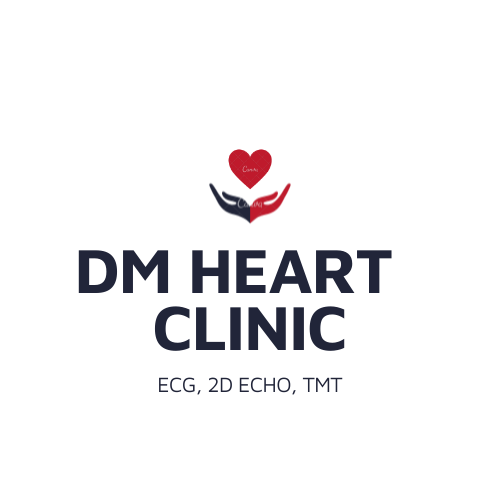FAQ
HEART FAILURE: THINGS EVERYONE SHOULD KNOW
A function of the heart is pumping blood to all parts of the body. The blood is pumped through blood vessels by pressure created by contractions of the heart muscle (myocardium). The heart is an incredible muscle that contracts more than 100,000 times per day. It's strong enough to pump up to 120 gallons of blood a day. When it becomes weak, the heart may not pump enough blood to the body. This is called as heart failure.
Heart Failure is when your heart isn't pumping blood at an optimal level and is not able to meet the demands of your body. Heart failure is a common medical condition, especially in the elder population, and is also called congestive heart failure (CHF) or congestive cardiac failure (CCF). CCF is a condition where your heart is unable to pump enough blood throughout your body due to which excess fluid starts building up in the body parts such as the lungs, abdomen, and legs
Heart failure is often caused by one or more blocks in one or more arteries that supply blood to the heart muscle. Symptoms of heart failure include difficulty breathing, extreme fatigue, fluid buildup, irregular heartbeat, increased cough or wheezing, loss of appetite, nausea or vomiting, and rapid weight gain or weight loss.
Heart failure is one of the most common types of cardiovascular disease and is found all over the world. One in five people will experience heart failure in their lifetime - and it doesn't discriminate based on gender or race.it is one of the leading causes of hospitalization in elderly patients.
Some of the complications from heart failure include:
- Irregular and abnormal heart rhythms with fast heart rate (atrial fibrillation)
- Leaks in the heart valve like mitral regurgitation or tricuspid regurgitation
- Lung congestion
- Fluid around the lungs
- Increased pressure in the right-side chambers of the heart
- Kidney damage.
- Liver damage.
- Weight loss
- Decreased immunity
- Brain stroke
Symptoms of heart failure include:
- breathing difficulties due to lung congestion, fluid around the heart, and high blood pressure in the right-side chambers
- fatiguability
- general weakness due to less blood flow to all the organs
- Swelling in the feet, legs, and tummy due to build-up of excess fluid in them.
- Rapid Weight gain due to retention of excess fluid in the body parts
- Pounding heartbeat
- cough.
- Distended tummy
- Decreased appetite
Symptoms of heart failure can range from mild to severe. Symptoms wax and wane. Periods of good days and periods of bad days occur during the course of the disease. Heart failure has no cure in the majority (exceptions heart failure due to alcohol and heart failure that occurs because of pregnancy). Therefore, the patient needs to use the medication for life long. Nevertheless, the patient’s condition may worsen with time due to the progressive nature of the disease
Any insult to the heart that can damage the heart muscle can cause heart failure
High blood pressure, Heart attack, and coronary artery diseases are the most common causes of heart failure.
Other causes of heart failure are:
- Disorders of the heart muscle called cardiomyopathy
- Diabetes
- Pregnancy-related heart failure
- Excess alcohol
- Long-standing arrhythmias
- Obesity
- Diseases of heart valves
- Diseases of the heart that are present from the birth
- Obesity
- HIV
- Thyroid problems
Heart failure is a clinical diagnosis and is confirmed by the 2d echo test and NT-pro BNP blood tests, Ejection fraction is the parameter to measure heart function which can be assessed by the 2d echo test. Ejection fraction is low in the majority of heart failure patients
Tests to know the presence of heart failure are
- 2d echo test
- NT-pro BNP blood tests
Tests to know the cause of heart failure
- ECG test
- 2d Echo Test
- Coronary Angiogram
- Thyroid Profile
- HIV TEST
- Cardiac CT scan
- MRI
- Genetic tests
- Blood sugar
- Creatinine
- Chest x-ray
- Medical therapy
- Diuretics that increase urine output
- Dugs that improve cardia function like ACE inhibitors, beta-blockers, angiotensin receptor blockers, isolazine, and Lanoxin
- Drugs for primary causes like blood thinners in case of coronary artery disease
- Devic therapy
- CRT device
- Ventricular assist device
- Surgical therapy
- Valve replacement
- Stenting/PTCA/PCI If coronary artery disease is the cause
- Bypass surgery if coronary artery disease is the cause and CABG is better than PTCA
- Heart transplantation
